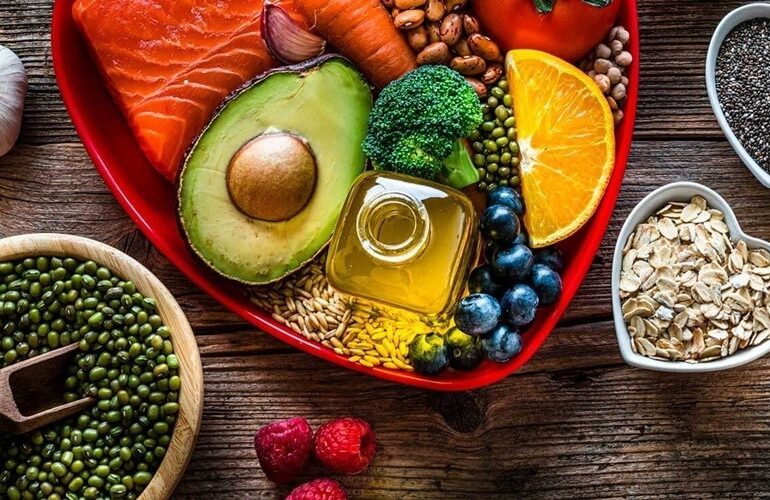Reliance Imperial Pharmacy
News Bulletin
January 2023
Some foods may help improve your mood and mental health.
Diet plays a huge role in health, and that can include your mental health. It is true some foods may boost your mood and, in turn, improve your mental and emotional health. In this post, we look at some of the foods that may improve your mood.
The science behind food and mood
The link between diet and emotions stems from the close relationship between your brain and your gastrointestinal tract, often called the “second brain.”
Here is how it works: Your GI tract is home to billions of bacteria that influence the production chemical substances that constantly carry messages from the gut to the brain. Two common examples of this are dopamine and serotonin.
Serotonin is a chemical messenger that helps the brain and nervous systems cells communicate. The primary function is to stabilize your mood, as well as your feelings of happiness and well-being. Too little serotonin can cause depression. Complex carbohydrates boost your serotonin levels and have a calming effect. You can find complex carbohydrates in foods like brown rice, quinoa, sweet potatoes, and starchy vegetables.
Eating nutritionally dense food promotes the growth of “good” bacteria, which in turn positively affects the production of these chemicals. When production is optimal, your brain receives these positive messages loud and clear, and your mental state can reflect it. On the other hand, when production goes awry, so might your mood.
Sugar is considered a major culprit of inflammation. It feeds “bad” bacteria in the GI tract. Ironically, it can also cause a temporary spike in “feel good” chemicals like dopamine. “You don’t want that either” These spikes result in a fleeting sugar rush, followed by a hard crash.”
When you stick to a diet of nutrient-rich foods, you are setting yourself up for fewer mood swings and an improved ability to focus. Studies have even found that clean diets consisting of whole, unprocessed foods can help with symptoms of depression and anxiety. Whereas unhealthy diets have been linked to an increased risk of dementia or stroke.
Nuts
Many types of nuts are high in magnesium, and magnesium may reduce anxiety and improve sleep. Other good sources of magnesium include spinach, whole grains, and legumes.
Turkey
You have heard that turkey makes you sleepy, but did you ever hear that it could make you happy? Thanks to the same amino acid in turkey linked to sleepiness. eating turkey could improve your mood. That is because tryptophan is an essential precursor to serotonin, which is a neurotransmitter linked to mood.
Salmon
Inflammation has been linked to depression, and the omega-3 fatty acids in salmon and other fatty fish may reduce inflammation. In that way, omega-3s are thought to improve mood. Other sources of omega-3s include walnuts, chia seeds and flax seeds.
Coffee
If you need ‘s caffeine kick to get going in the mornings, this one may seem obvious. But caffeine is not the only reason coffee may improve your mood. The other way coffee, tea, and wine — in moderation, of course — may improve your mood is through plant polyphenols. There are massive amounts of these inflammation-reducing substances in coffee, tea and wine, and reduced inflammation may mean an improved mood.
Blueberries
Blueberries, as well as other berries like blackberries and strawberries, contain powerful antioxidants like anthocyanins. The inflammation-reducing power of these substances is thought to help ward off depression and other mood killers.
Vitamin D
Vitamin D helps with the production of serotonin, and we usually get it from exposure to sunlight. But mushrooms are another good source, Jacobs says. If you are deficient in vitamin D, your doctor may also recommend taking a supplement. Aetna members may receive discounts on supplements; check your plan’s benefits for details.





